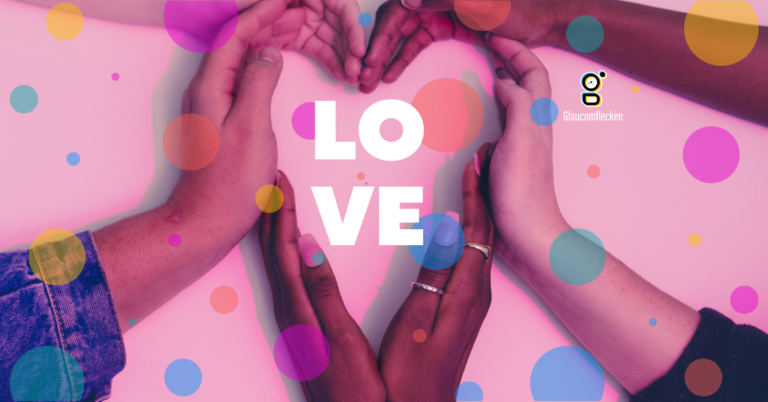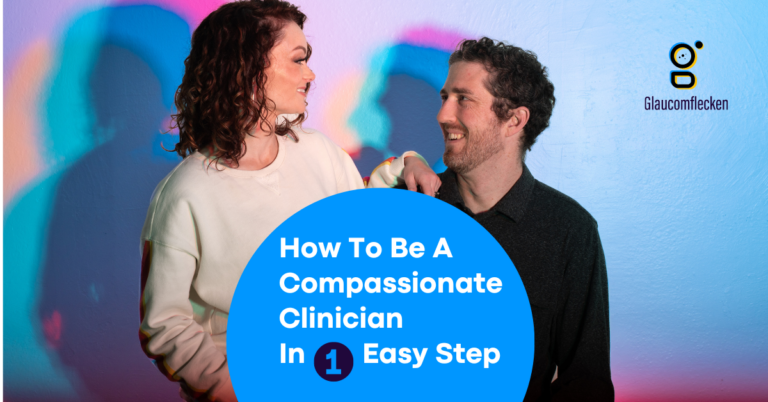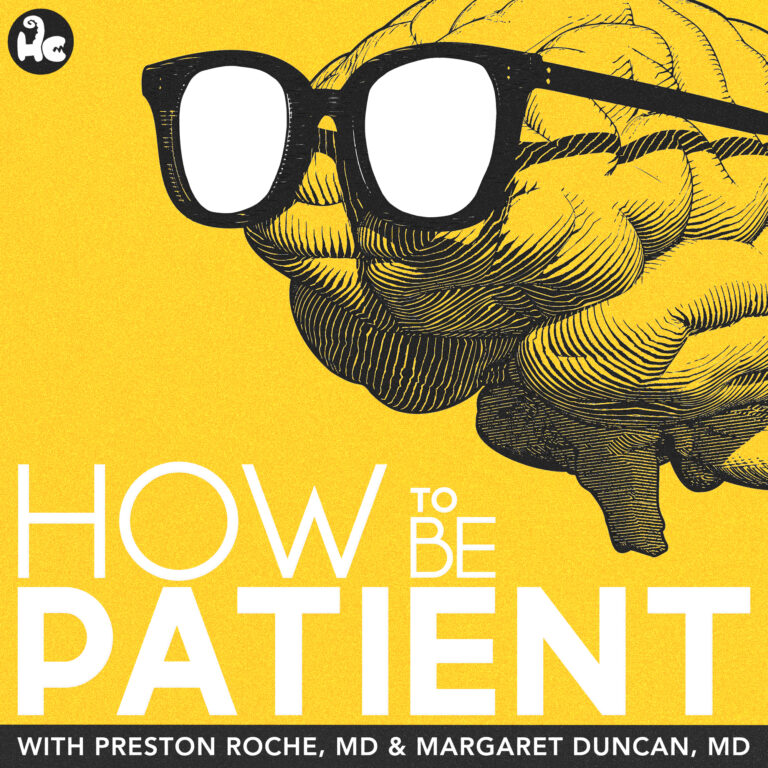The Glauc Blog
Between the two of us, we’ve got a lot to say about healthcare, humanity, and humor. Here’s where we take deep dives into all of those topics – and more.
Featured Blog Posts

- 3 minutes read
How Dr. Glaucomflecken Balanced Testosterone Replacement After Testicular Cancer
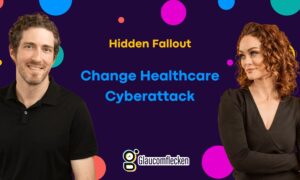
- 3 minutes read
The Hidden Fallout: How The Change Healthcare Cyberattack Is Impacting Healthcare
Healthcare
Weird medical stories, insurance rants, and our honest thoughts on life in medicine – we’ve got it all.
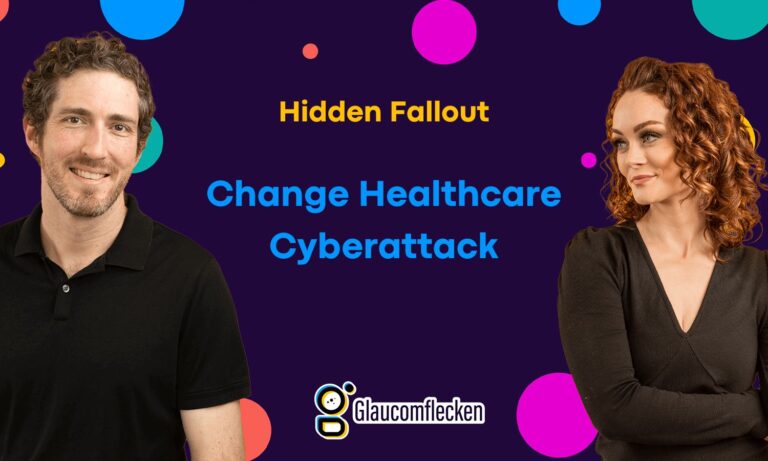
- 3 minutes read
The Hidden Fallout: How The Change Healthcare Cyberattack Is Impacting Healthcare
Discover the hidden fallout of the Change Healthcare cyberattack and its impact on the healthcare system. Learn about the ransomware attack, the crisis it has caused, and the role of Change Healthcare in the healthcare payment cycle. Join the conversation about this incident and share your experiences.
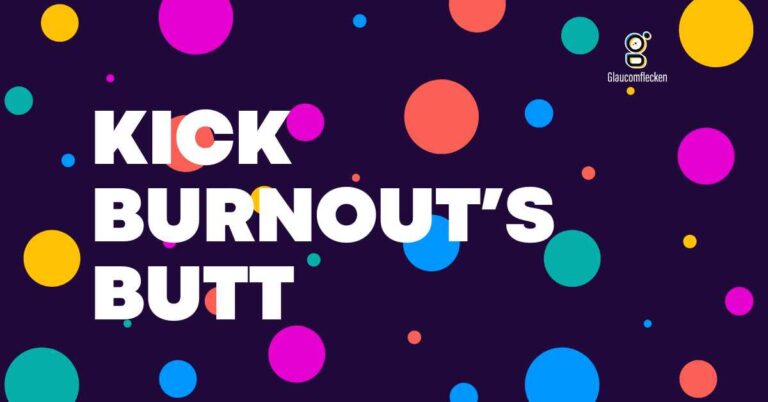
- 6 minutes read
How Human Connection Can Kick Burnout’s Butt
Human connection is critical for the health and well-being of all people. We're looking at you, healthcare professionals. 👀 Yep, you're a human, too. 😊
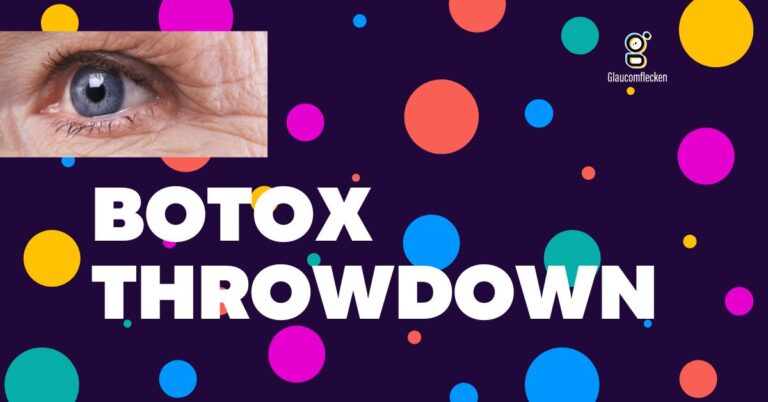
- 2 minutes read
Botox Throwdown: First Medical Use Of Botox
Turns out there's a bit of a rivalry going on between at least one ophthalmologist and one dermatologist when it comes to claiming the Botox throne.
Sudden Cardiac Arrest
Sudden cardiac arrest changed our lives forever. Now, we’re dedicated to raising awareness, sharing education, and advocating for co-survivors and bystanders.
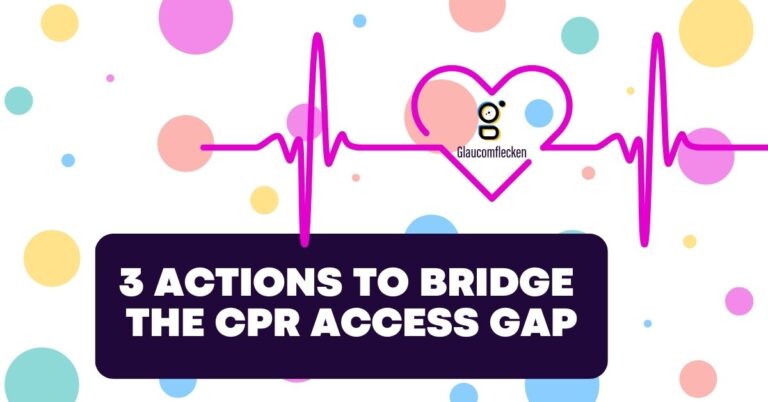
- 3 minutes read
3 Actions To Address The SCA Survival Disparity In Communities Of Color
Bridging the gap in CPR access with culturally competent instruction and access to AEDs in communities of color.
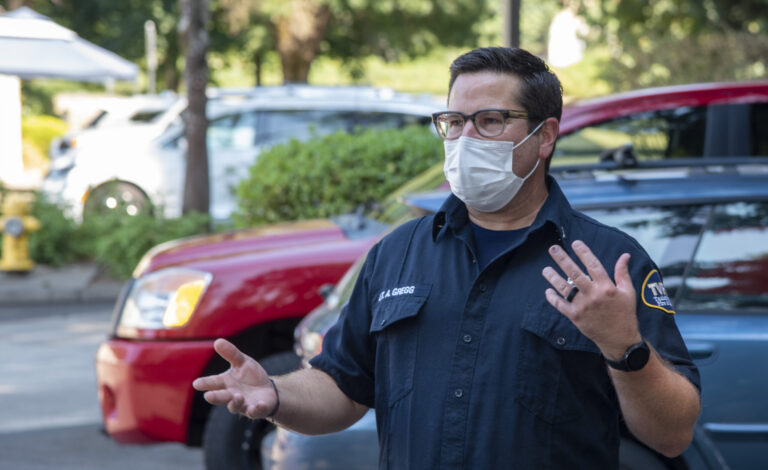
- 2 minutes read
The Meaningful Thing that One Paramedic Did During My Husband’s Medical Emergency
Co-Survivorship
Advocacy and education through raw, honest storytelling.
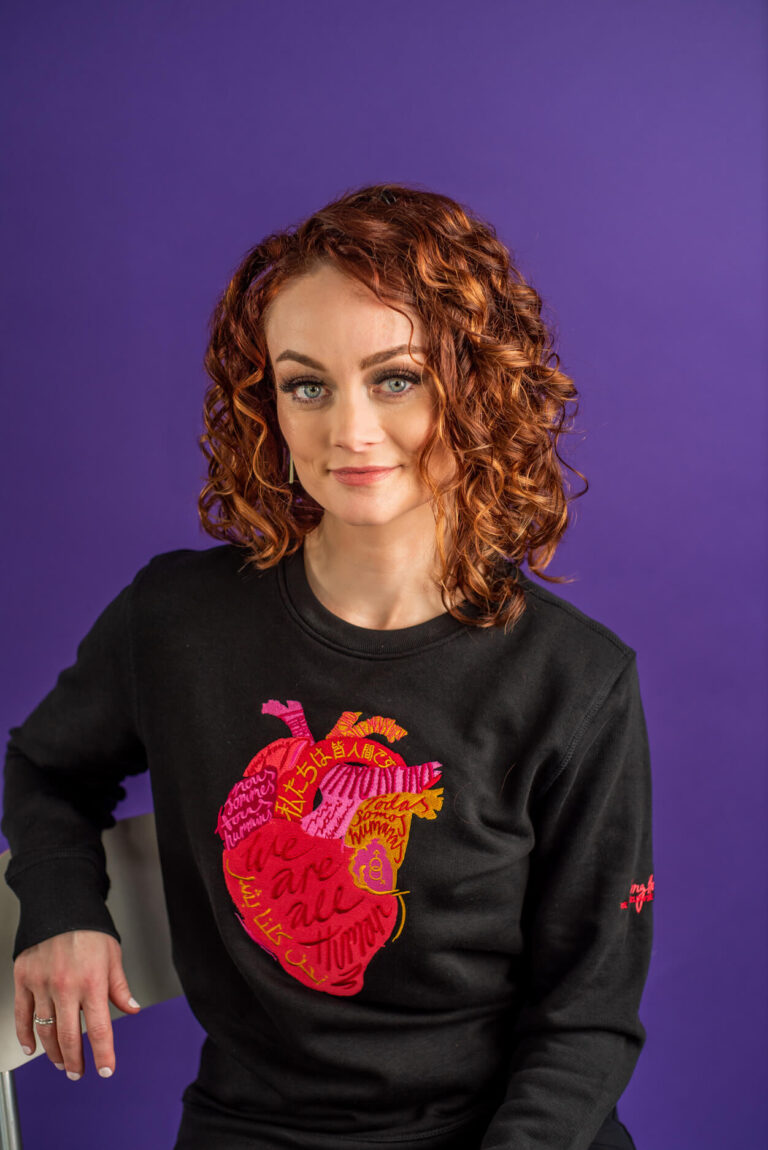
- 3 minutes read
Avoid These 10 Mistakes: Supporting Co-Survivors In Medical Emergencies
Discover the 10 mistakes healthcare professionals make with co-survivors in medical emergencies and learn how to provide better support.
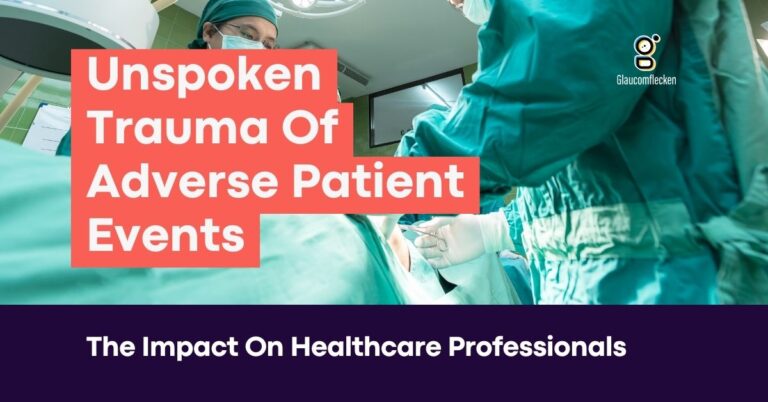
- 4 minutes read
The Unspoken Trauma Of Adverse Patient Events
Healthcare professionals often suffer in silence after a serious adverse patient event, but understanding the concept of the Second Victim is the first step toward healing. 💔
Podcasts
Take a closer look at topics from our podcast.
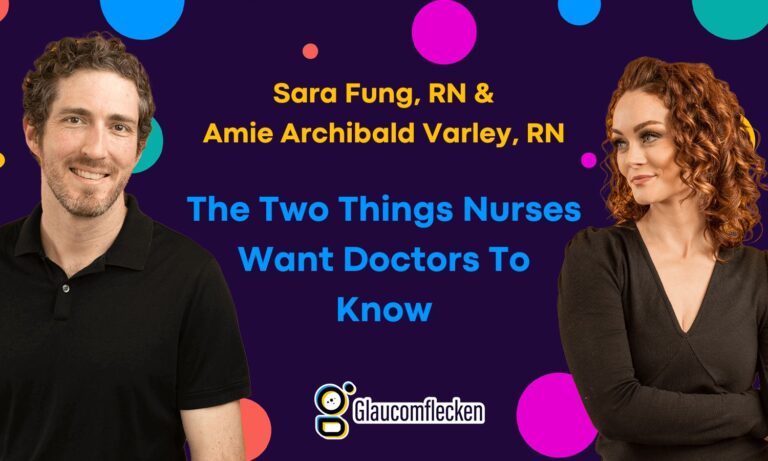
- 2 minutes read
The Two Things Nurses Want Doctors To Know
Discover the two important things nurses want doctors to know in healthcare. Understand the power doctors have to amplify nursing voices and bring positive change.
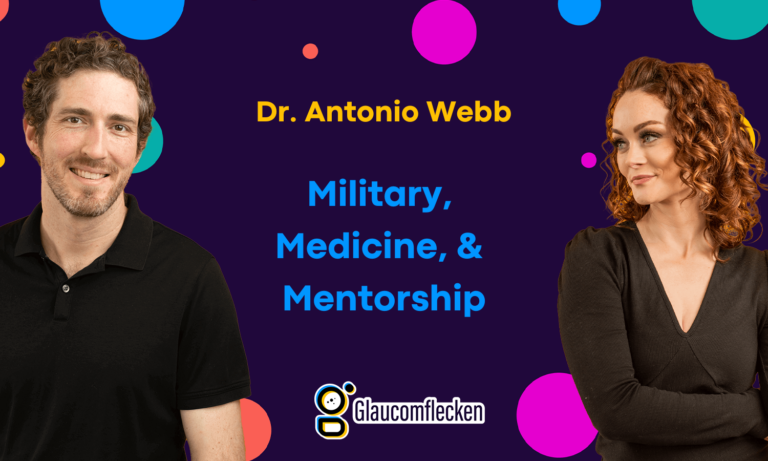
- 3 minutes read
Military, Medicine, And Mentorship
Discover the incredible journey of Dr. Antonio Webb, a top orthopedic surgeon and mentor. He defied the odds and overcame adversity to make a difference in medicine. Learn how he leveraged the military and became an inspiration to future doctors.


